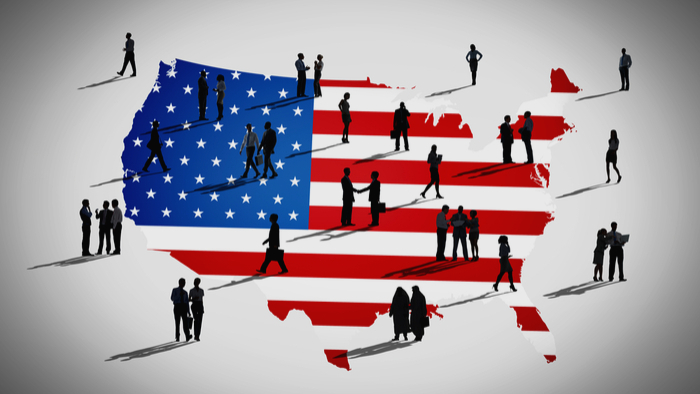American Immigration Policies and Their Impact
Immigration has been a cornerstone of the American story, shaping the nation’s identity, economy, and culture. However, the policies governing immigration have long been a subject of contention, reflecting the complex interplay of political, social, and economic factors. In this article, we delve into the landscape of American immigration policies, exploring their historical roots, contemporary manifestations, and their multifaceted impact on society.
Table of Contents
Historical Context.
The United States has a rich history of immigration, with waves of newcomers seeking opportunity and refuge on its shores. From the early settlers seeking religious freedom to the mass influx of European immigrants in the late 19th and early 20th centuries, immigration has been integral to the nation’s growth and development. However, it is essential to acknowledge the discriminatory policies that have marked this history, such as the Chinese Exclusion Act of 1882 and the quotas imposed by the Immigration Act of 1924, which favored immigrants from Western Europe while severely restricting those from other regions.
Also Read: Criminal Justice Reform America
Contemporary Policies.
In the modern era, American immigration policies continue to be shaped by a complex web of legislative measures, executive actions, and judicial rulings. The Immigration and Nationality Act of 1965 marked a significant shift by abolishing discriminatory national origin quotas and prioritizing family reunification and skilled labor. Subsequent reforms, such as the Immigration Reform and Control Act of 1986 and the Immigration Act of 1990, sought to address issues such as unauthorized immigration and labor shortages while also increasing enforcement measures.
The turn of the 21st century witnessed renewed debates over immigration, culminating in the failed attempts at comprehensive reform in 2007 and 2013. Instead, the focus shifted towards enforcement-oriented policies, notably with the establishment of the Department of Homeland Security in 2002 and the implementation of stricter border controls and workplace enforcement measures. Additionally, the Deferred Action for Childhood Arrivals (DACA) program, initiated in 2012, provided temporary relief to undocumented immigrants who arrived in the United States as children, shielding them from deportation and granting them work permits.

Impact on Society.
The impact of American immigration policies extends far beyond legislative texts, shaping the lived experiences of millions of individuals and communities across the country. One of the most contentious issues is the treatment of undocumented immigrants, who often live in the shadows, facing the constant threat of deportation and exploitation. The enforcement-heavy approach has led to widespread criticism, with concerns raised about human rights violations, family separation, and the militarization of border communities.
Furthermore, immigration policies have profound economic implications, influencing labor markets, entrepreneurship, and fiscal outcomes. Immigrants contribute to the economy as workers, consumers, and taxpayers, filling critical gaps in sectors such as agriculture, healthcare, and technology. However, debates persist over the impact of immigration on wages and job displacement, with proponents and critics offering conflicting narratives.
Moreover, immigration policies intersect with broader social issues, including healthcare, education, and criminal justice. Access to healthcare and social services remains a contentious issue for undocumented immigrants, who often face barriers to essential care due to their legal status. In the realm of education, the question of access and affordability for immigrant students, particularly those brought to the country at a young age, remains unresolved. Additionally, the criminalization of immigration status has led to disproportionate incarceration rates among immigrant communities, exacerbating concerns about racial profiling and due process rights.
Looking Ahead.
As the United States grapples with the complexities of immigration, there is a pressing need for comprehensive reform that balances enforcement with compassion and security with inclusivity. Addressing the root causes of migration, such as poverty, violence, and climate change, requires a multilateral approach that engages with sending countries and international organizations. Furthermore, recognizing the contributions of immigrants and fostering pathways to legal status and citizenship are essential for upholding the values of democracy and human dignity.
Conclusion.
American immigration policies are a reflection of the nation’s aspirations and anxieties, embodying its commitment to diversity, opportunity, and justice. However, they also highlight the persistent challenges and contradictions that define the immigration debate. By confronting these complexities with empathy, pragmatism, and solidarity, the United States can forge a path forward that honors its past while embracing its future as a nation of immigrants.







